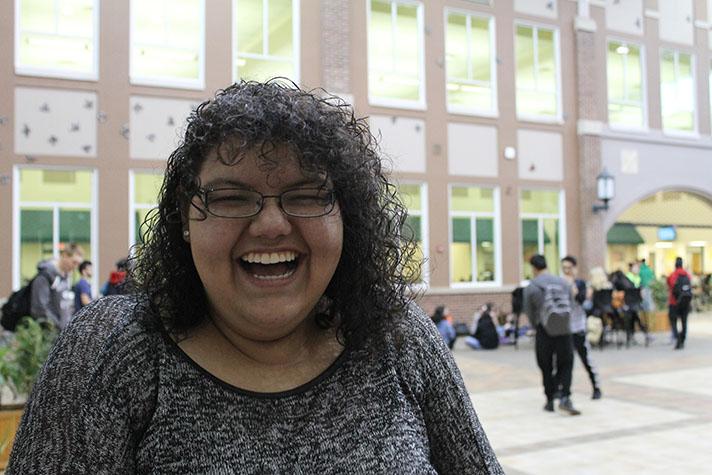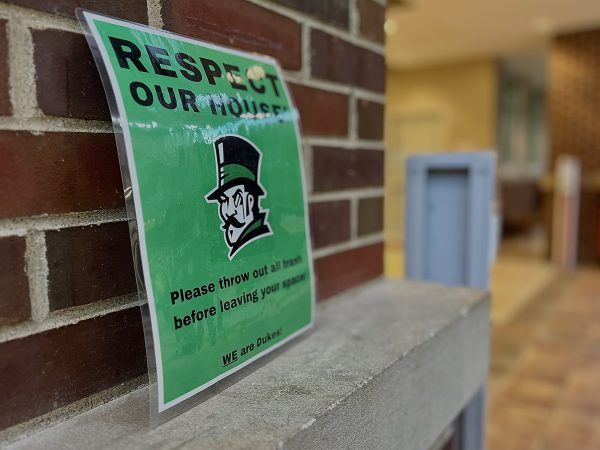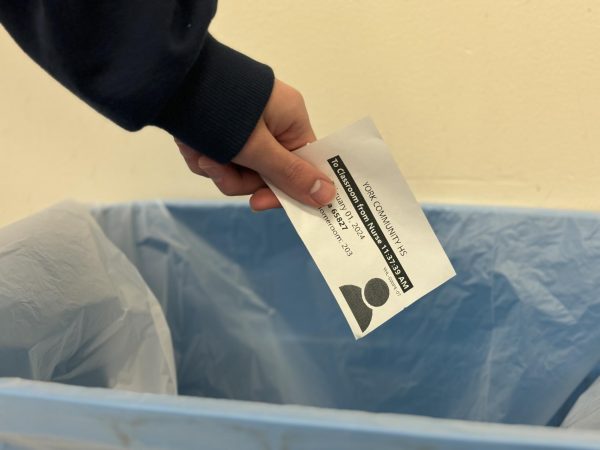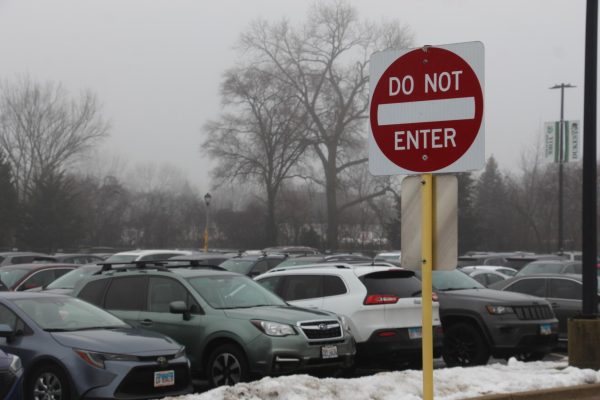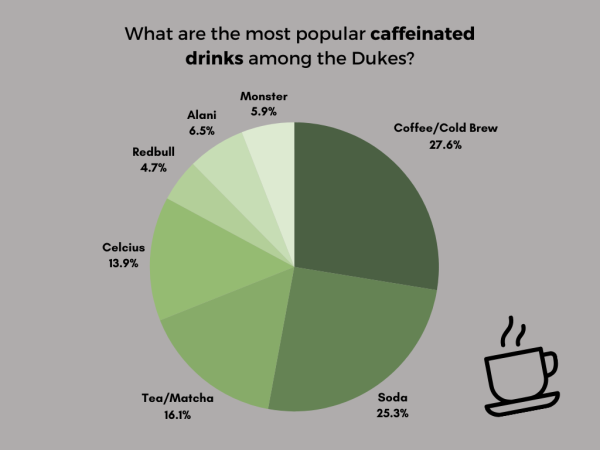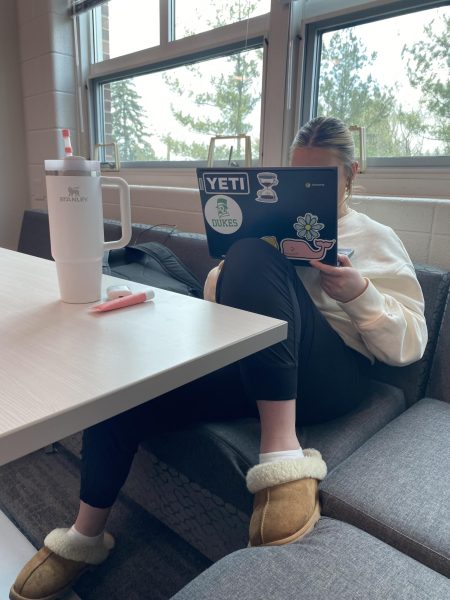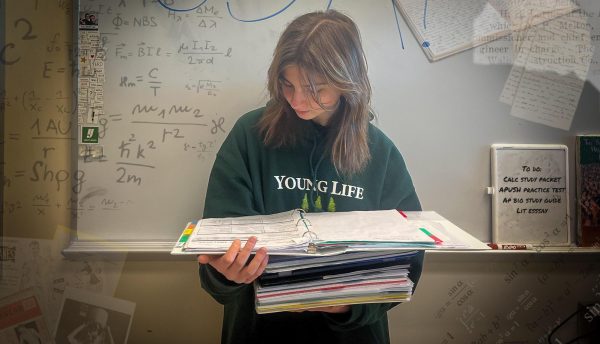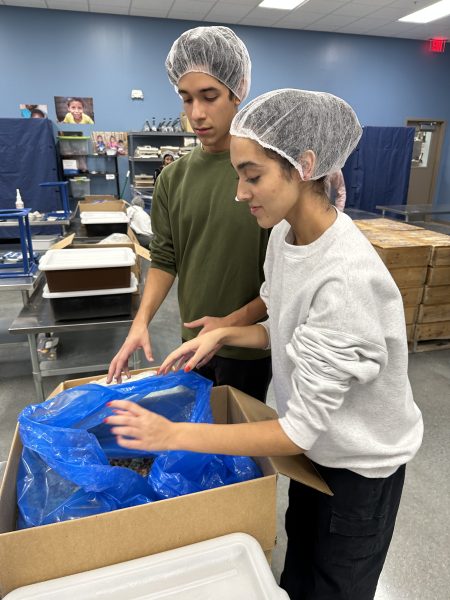Students Respond to York Academic Integrity Code
“The plagiarism part is somewhat laughable,” said junior Lucy Gallagos. “For example we now have to spend more time on projects citing sources that we were never really checked on such as photos. We are now more in danger of accidentally receiving a level one punishment for any small mistake.”
York administrators introduced students to the new York Academic Integrity Code earlier this month. The policy went into effect at the start of the second semester of the 2015-2016 school year.
The policy covers some basic ideas of what is considered cheating in the school environment, including not only cheating on a test or plagiarizing an essay, but also copying someone’s homework or asking what was on a test.
While some students were surprised to discover that certain behaviors are considered cheating, others were already aware of what constitutes academic integrity.

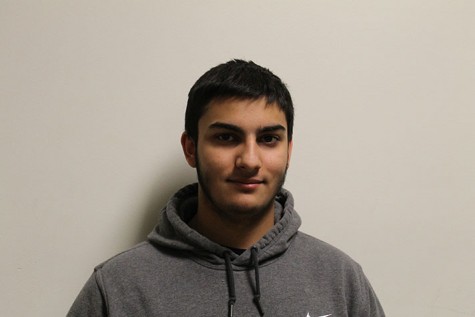

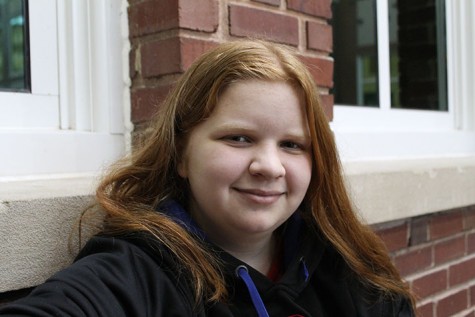
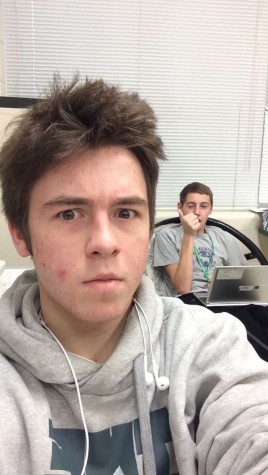
Matt is a fun loving journalist on his way to making the world a better place and has been on the York-hi staff for two years. He has been also part of...


